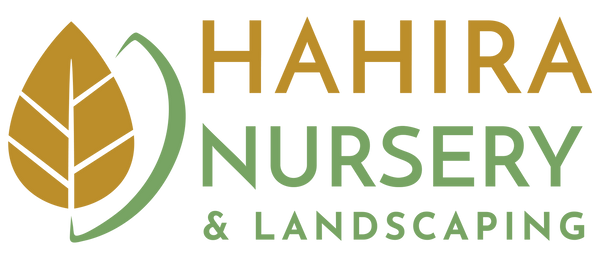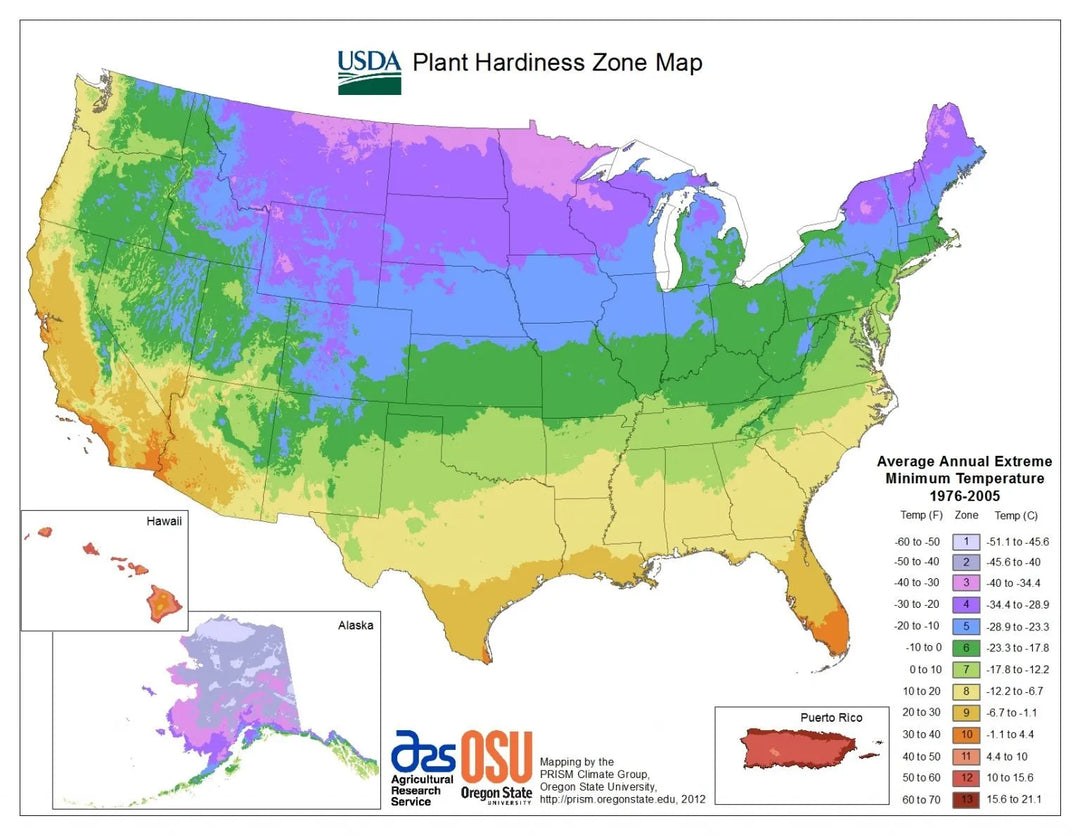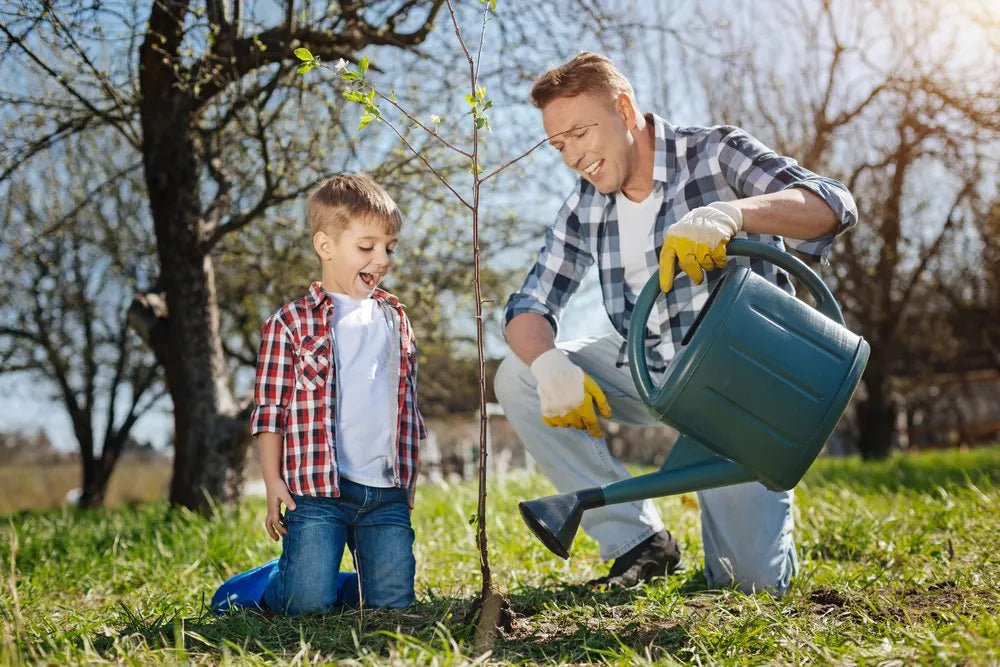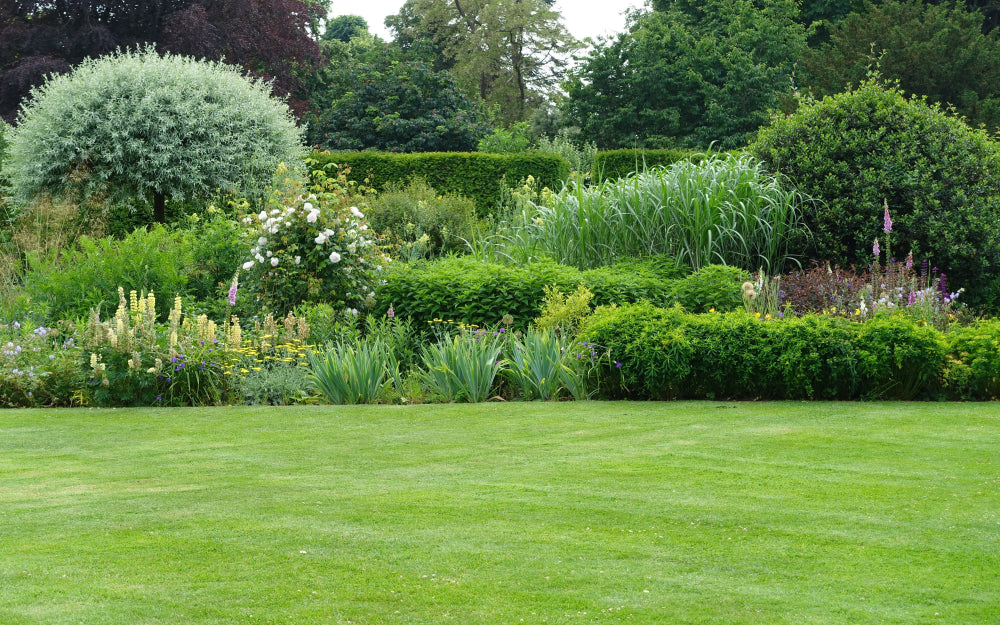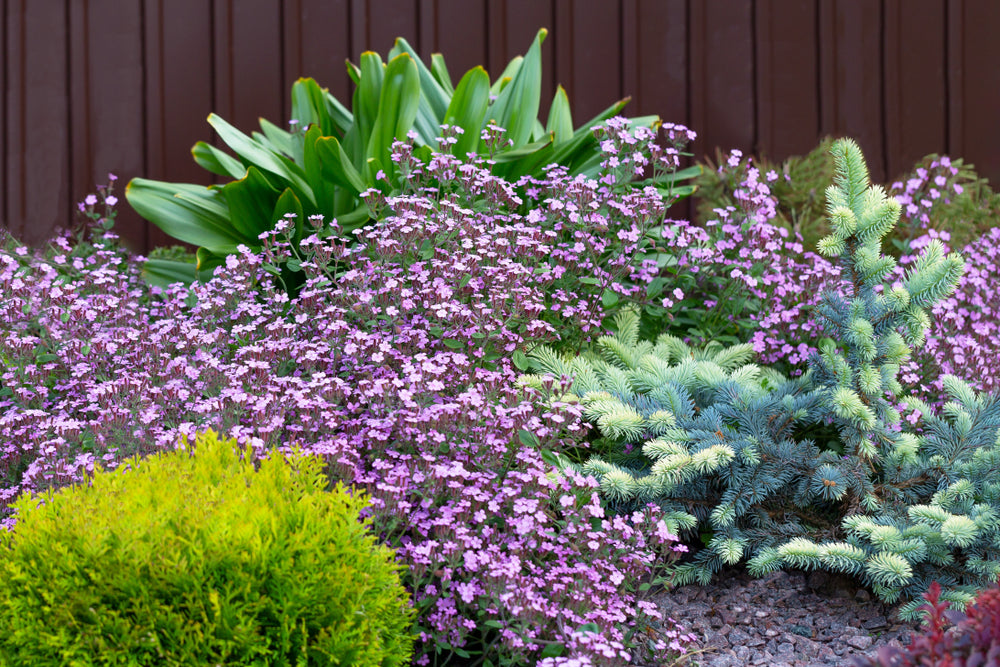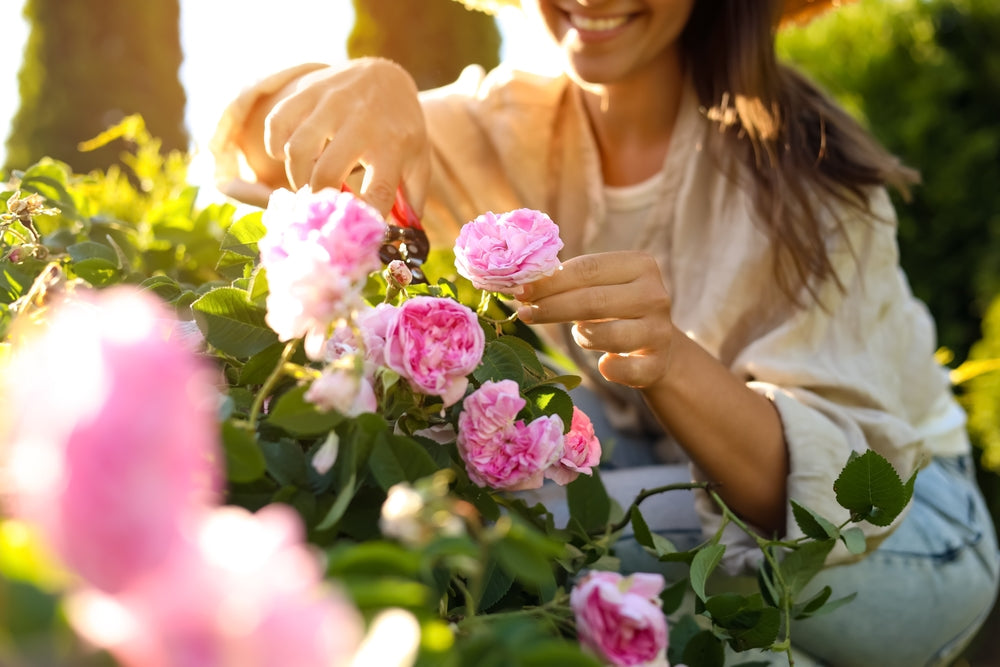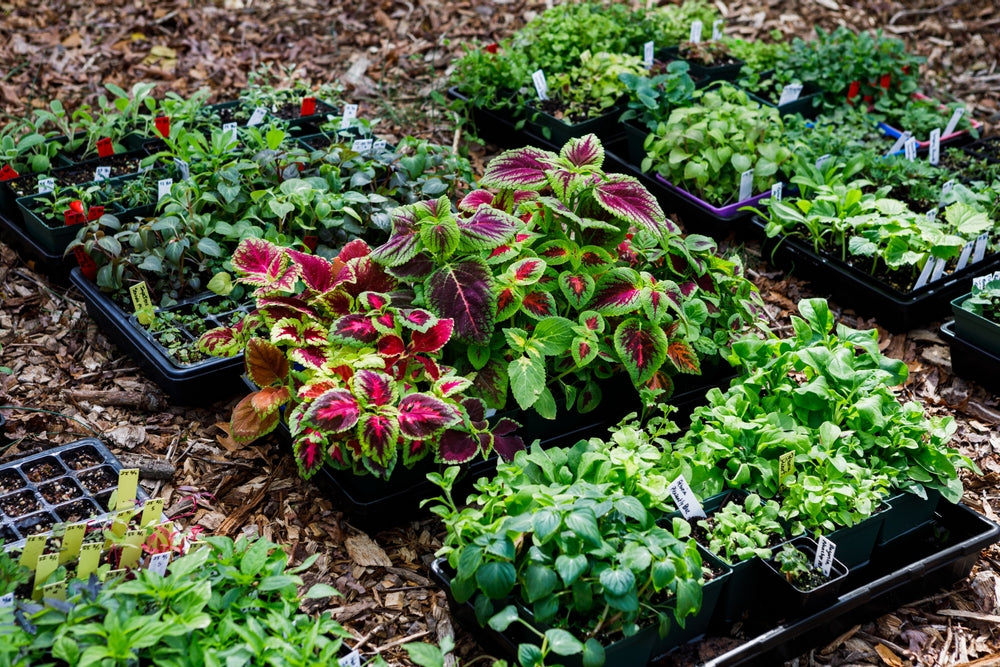Tips for Planting Fruit Trees in Georgia
Planting fruit trees in Georgia can be labor- and time-intensive, but once you have the trees planted, they are easy to care for. Eventually, you will be able to enjoy delicious fruit, shade, and a more beautiful property. If you have never planted fruit trees in Georgia, follow our tips for how to plant fruit trees at your home or business.
Fruit Trees That Grow Well in Georgia
Some fruit trees will thrive in the Georgia climate, while others won’t do very well. It’s important to start by choosing fruit trees that grow well in Georgia. The fruit trees that grow the best in Georgia are:
- Citrus trees, including Bearss Lime, Owari Satsuma Mandarin, Eureka Lemon, Calamondin / Calamansi, Nagami Kumquat, Marumi Kumquat, and Clementine Mandarin.
- Blueberry bushes, including Reveille, Emerald, O’Neal, Misty, Jewel, and Sharp Blue.
- Cane berry vines, including Black Satin Thornless Blackberry, Fall Gold Raspberry, Heritage Red Raspberry, and Willamette Red Raspberry.
- Grape vines, including Flame Seedless, Black Monukka Seedless, Ruby Seedless, Thompson, Concord, and Chardonnay.
- Olive trees.
- Persimmon trees.
- Apple trees.
- Pear trees.
- Jujube trees.
- Strawberry guava bushes.
- Fig trees.
- Pomegranate trees.
- Stone fruit trees, including Peach Trees, Nectarine Trees, Apricot Trees, Plum Trees, and Cherry Trees.
When to Plant Fruit Trees in Georgia
You should plan on planting your fruit trees in the fall or spring. If you are planting citrus trees, it’s best to wait until the spring so that you won’t have to protect the saplings over the winter. You should evaluate the 10-day forecast in your area and make sure that the temperature will not go below 32 degrees in the 10 days after you plant. You might also wait until mid-April to plant a citrus tree. Other trees are hardier and can withstand overnight frosts and freezes if properly protected.
How to Find the Right Spot to Plant Your Fruit Trees
You must plant your fruit trees in a spot that gets enough sun. Evaluate the amount of sun your fruit tree, vine, or bush needs to thrive and grow. You can use an app to measure the sunlight or amount of sun each area of your yard gets. Fruit trees typically do well in full sun; however, some require shade in the afternoons. Make sure to check before planting. You will also have to consider spacing and the watering needs of your tree before you plant. If you are planting more than one tree, you need to put them far enough apart that their roots won’t get in each other’s way. You must also make sure your tree won’t be affected by the proximity of other trees, sidewalks, cables, plants, telephone wires, or buildings. Finally, consider the soil drainage and slope of the area in which you want to plant your tree. If the area accumulates a lot of water during rain or has an issue with pooling water, you will have to create a drainage system.
Testing Your Soil
You should also test the soil in the area you want to plant your tree before you begin. You can order a soil testing kit from the University of Georgia’s Extension Office. The ideal time to test soil is the fall.
Digging a Hole and Preparing the Soil
Your hole will have to be two or three times the height and width of your tree’s root ball or the nursery pot containing the tree. The tree should be centered in the hole before backfilling. Have someone help you by holding the tree upright while you backfill the hole. You should also allow soil to fall underneath the roots and around the sides. At least two inches of soil from the nursery pot should be above the soil line when you’re done. When you are done backfilling, you can use cardboard or newspaper to insulate the base of the tree and then cover with mulch.
Fertilizing Fruit Trees in Georgia
You should not fertilize your trees in the fall or winter. Fertilization of fruit trees in Georgia is best done in the spring. You should use organic fruit tree fertilizer applied along the base of the tree after it has been planted and backfilled. You should stop fertilizing by July 1st.
Creating a Watering Schedule for Fruit Trees
After planting, you will have to set up an irrigation system to water your fruit trees or create a watering schedule. Immediately after planting your tree, give it two deep waterings in the first week or two. Then reduce your watering schedule to once per week. If there is heavy rainfall in your area, you can skip watering. If there is extreme heat or drought-like conditions, you may need to water twice per week or split up your watering between two days. You should water in the early morning or evening so the water won’t evaporate before the tree can use it.
Can You Grow Fruit Trees in Containers in Georgia?
You can grow some fruit trees in containers; however, your process will be different. You will need to make sure the tree has proper drainage and that you don’t over-water or over-fertilize the pots. You should also gradually increase the size of the tree’s pot over the years.
Consider the Effects of Temperature Changes on Your Trees
Extreme temperatures can have a significant effect on your fruit trees, especially in the first year or two after you plant them. Most fruit trees will survive their first Georgia winter, but kiwi and Feioja plants may need extra protection. You should also check the weather regularly for signs of untimely spring frosts, extreme cold temperatures for your area, drought, and extreme heat. Grapes and raspberries are particularly susceptible to heat.
Installing a Trellis or Support System for Your Trees
Some fruit trees, vines, and bushes need a trellis or other support system in order to thrive. Dwarf apple trees need support to prevent the weight of the fruit from causing the tree to uproot and fall over. Vine crops will give you more fruit if they are grown on a trellis.
Common Insects and Diseases That Affect Fruit Trees in Georgia
It is almost impossible to protect all your fruit trees from Georgia insects and diseases. Georgia’s warm summers and hot, humid weather allow insects and fungal diseases to thrive. You can use insecticides and fungicides. You can also try to plant fruit trees that are at a lower risk of insect damage or disease.
Find the Best Fruit Trees in Georgia
At Hahira Nursery, we are a wholesale nursery, retail plant shop, and online plant shop operating out of Georgia. We ship nationwide and can help you find the best fruit trees and other plants and flowers to grow in your particular region or hardiness zone. Shop online to see our selection of trees, bushes, shrubs, vines, and more or contact us about our wholesale nursery services, serving the Atlanta and Savannah metro area. You can also stop by and visit our nursery and retail garden store in Hahira, GA or contact us online with questions.
